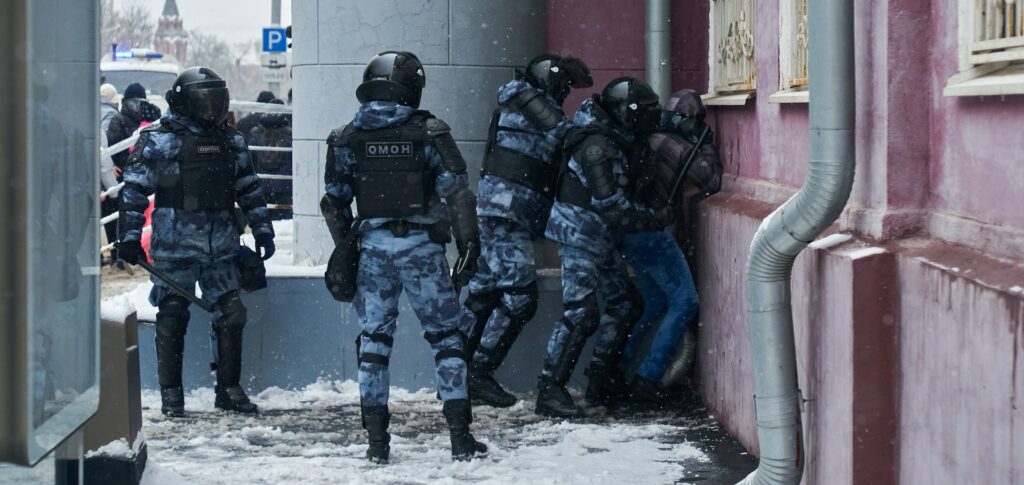
(Rightallegiance.com) – In a significant move escalating tensions between media and government, Israel ordered the closure of Qatar’s Al Jazeera satellite news network’s local offices. This directive came amidst sensitive cease-fire negotiations between Israel and Hamas, facilitated by Qatar.
The Israeli government, led by Prime Minister Benjamin Netanyahu, has taken a stringent step by also confiscating the broadcaster’s equipment and blocking its digital presence in the country. This decision marks the first instance of Israel closing a foreign news operation.
On the day of the closure, Al Jazeera was promptly removed from Israel’s primary cable and satellite providers, although its website and various online streaming services continued to operate. The network, which has been actively covering the ongoing conflict between Israel and Hamas since October 7, offers around-the-clock updates, particularly from Gaza. During the intensive military operations by Israel in Gaza, Al Jazeera has sustained casualties among its own staff.
Prime Minister Netanyahu justified the closure by accusing Al Jazeera’s reports of compromising national security and inciting violence against Israeli soldiers. In response, Al Jazeera strongly condemned the Israeli actions, pledging to engage international legal avenues to contest the ban and asserting its commitment to uphold the public’s right to information.
The media organization criticized Israel for what it views as suppression of press freedom, aiming to obscure its military actions in Gaza. Al Jazeera highlighted the serious risks faced by its journalists, including direct attacks and intimidation, but vowed to continue its reporting efforts undeterred.
The Israeli directive allows for a temporary 45-day ban on Al Jazeera’s operations within its borders. This move comes amidst a backdrop of Israel’s generally vibrant media environment, which hosts numerous foreign bureaus, including from Arab countries. However, recent legislation empowers the government to act against foreign media entities deemed detrimental to national interests.
Following the order, Israeli Communication Minister Shlomo Karhi shared footage of a raid on a hotel room used by Al Jazeera for broadcasting in East Jerusalem, underscoring the government’s determination to halt what it calls a source of incitement.
The implications of this decision extend beyond the media sphere, potentially straining Israel’s diplomatic relations with Qatar, which has been instrumental in mediating the Gaza cease-fire efforts along with Egypt and the United States. Qatar, which hosts Hamas leadership in Doha, has been criticized by Netanyahu for not exerting sufficient pressure on Hamas during the negotiation process.
The closure has drawn widespread criticism from various international and media advocacy groups, condemning the move as a setback for press freedom. The Foreign Press Association in Israel likened the decision to actions typical of authoritarian regimes.
Human Rights Watch’s Omar Shakir denounced the closure as an attack on press freedom, urging Israel to cease its controversial military actions in Gaza rather than suppressing media coverage. The timing of the closure also faced internal criticism from members of the Israeli Cabinet, who expressed concerns that it could undermine ongoing negotiation efforts.
Al Jazeera remains a critical voice in international journalism, having faced similar challenges in other Middle Eastern countries. Its commitment to broadcasting under challenging conditions underscores the significant role of free press in global conflicts and political dynamics.